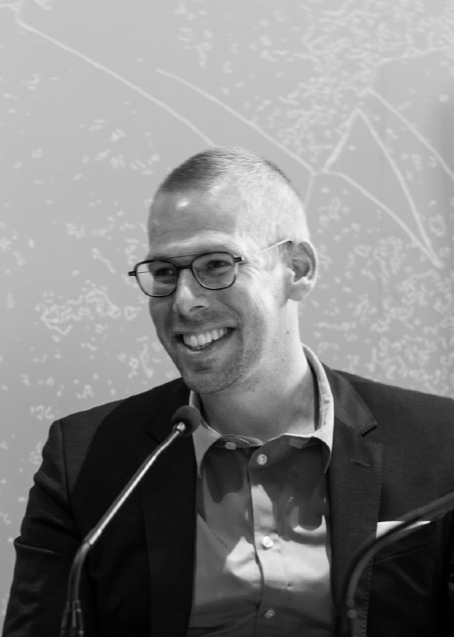Empowering Social Studies Education: Open Access Handbook for Teaching Historical Contextualization.

Open Research objectives/practices
The handbook aligns closely with the objectives outlined in the call:
Open Access to Research Outputs: The handbook and instructional video are freely available.
Leveraging Open Educational Resources to Innovate Course Design and Teaching: The handbook empowers teachers and teacher educators to teach historical contextualization more effectively.
Promoting the Use of Open Research and Educational Practices: We have delivered 10 invited guest lectures and workshops in the Netherlands and abroad.
Reducing Education Costs and Increasing Sustainability: The Strange Past translates scientific research (from six peer-reviewed articles) into practical tools for educators who may not have access to academic publications. Upon completion of the English translation, we will be able to support social studies teachers worldwide.
Introduction
The Dutch handbook The Strange Past: Promoting Students’ Ability to Perform Historical Contextualization is an Open Educational Resource (OER) designed for primary and secondary school social studies teachers, as well as teacher educators in higher education. This handbook offers a theoretical framework for historical contextualization, guidelines, worked examples, and classroom materials, which are essential for teaching this skill explicitly. Additionally, the handbook includes a free instructional video for practitioners. Developed in co-creation with 16 social studies teachers and five subject-matter experts, the content is grounded in six peer-reviewed academic articles.
Motivation
Many primary and secondary social studies teachers face challenges when teaching the vital competency of historical contextualization. Teacher educators in higher education also struggle with training future teachers in this area. This challenge was the key motivation behind the development of an open, evidence-based handbook.
Following the publication of The Strange Past, we were invited to give 10 presentations across the Netherlands, Belgium, and Spain to educational experts, including teachers, teacher educators, and researchers. I have also been invited to present in Poland in Spring 2025. Due to international interest, we received a small grant to translate The Strange Past into English. The possible €500 from the Open Education Award would be used to help complete this translation. The English version will also be freely accessible. Furthermore, the handbook is already widely used by Dutch and Flemish social studies teachers and teacher educators, and the instructional video has been viewed more than 200 times.
Lessons learned
We have gained two key insights from this project:
Co-creation Challenges: While co-creation with practitioners and experts was invaluable, many teachers struggled with time constraints due to their teaching commitments. A formal agreement between school administrators and teachers about the time they can dedicate to such projects is essential.
Copyright Barriers: Although we aimed to include more classroom materials in the handbook, some could not be published due to copyright issues. Open-source databases like Wikimedia Commons and support from professionals at the University of Groningen Library proved to be invaluable. Our advice: Involve open-access experts from the outset of your project.
